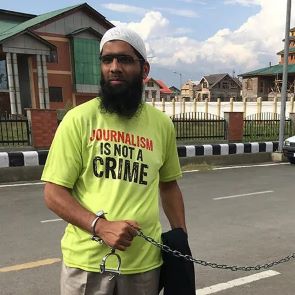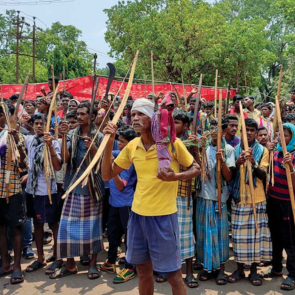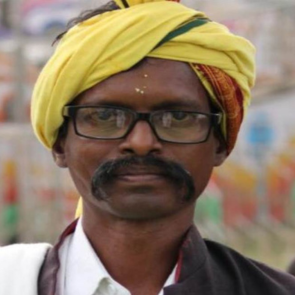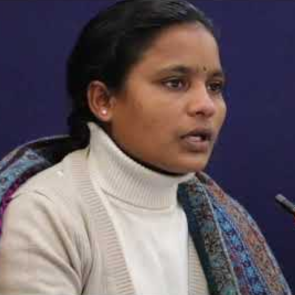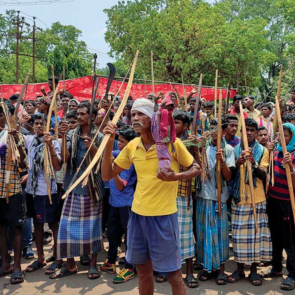#India
#India
Human rights defenders in India face a diverse range of attacks and harassment from state and non-state actors alike, including killing, physical assault, arbitrary detention, threats and judicial harassment. Police officials are often the perpetrators of violence against HRDs, which is usually carried out with impunity. Armed groups and private companies also target HRDs for work related to economic development projects and their impact on the local communities or the environment. HRDs are increasingly the targets of online smear campaigns by radical nationalists.
HRDs making use of the Right to Information (RTI) Act are liable to be killed, assaulted or harassed for exercising their fundamental right to demand and receive information from public authorities. Women HRDs are targeted with gender-specific threats – death, gang rape or acid attacks – both online and offline. They are particularly vulnerable in regions with a heavy presence of the military and armed groups. In the Red Corridor, a region in East India experiencing Naxalite-Maoist insurgency, HRDs, including lawyers, researchers and journalists face acts of intimidation and persecution and work under tremendous pressure from authorities, rebels, and vigilante groups. People defending the rights of marginalised communities such as the Adivasi and the Dalit can encounter death threats, destruction of their properties, fabricated charges, physical attacks, as well as caste-based discrimination by state and non-state actors alike.
In 2016, the Supreme Court upheld the constitutionality of criminal defamation, covered by Sections 499 and 500 of the Indian Penal Code (IPC), which are frequently misused to target human rights journalists. Sedition under IPC Section 124(A) has also been used to target freedom of expression and dissent. The Foreign Contribution Regulation Act 2010 regulates foreign funding for civil society organizations and has been used to reject license renewal applications from rights-based advocacy groups that questioned governmental policies. Section 144 of the Criminal Procedure Code empowers the authorities to restrict free assembly whenever “immediate prevention or speedy remedy” is required.

